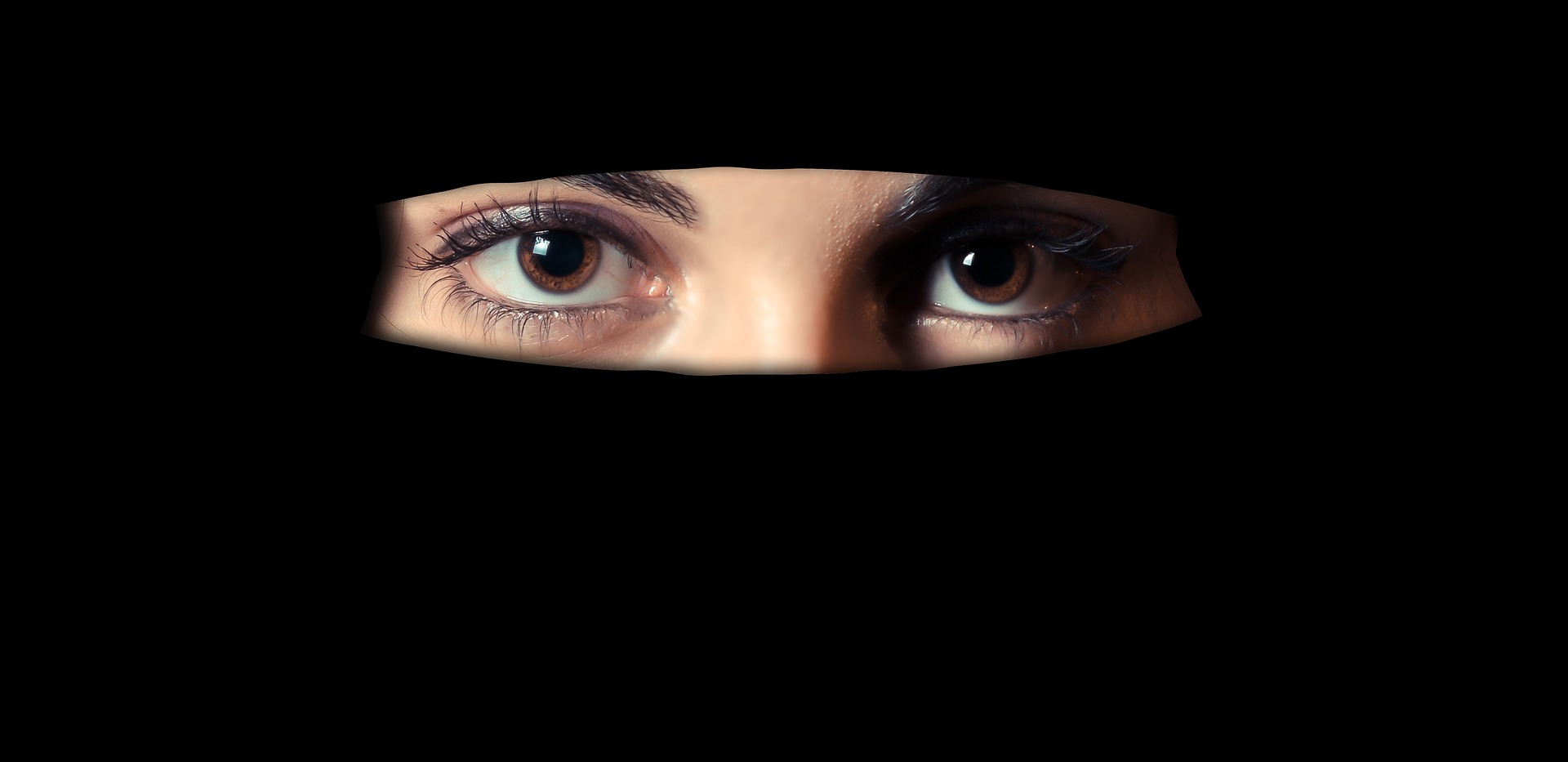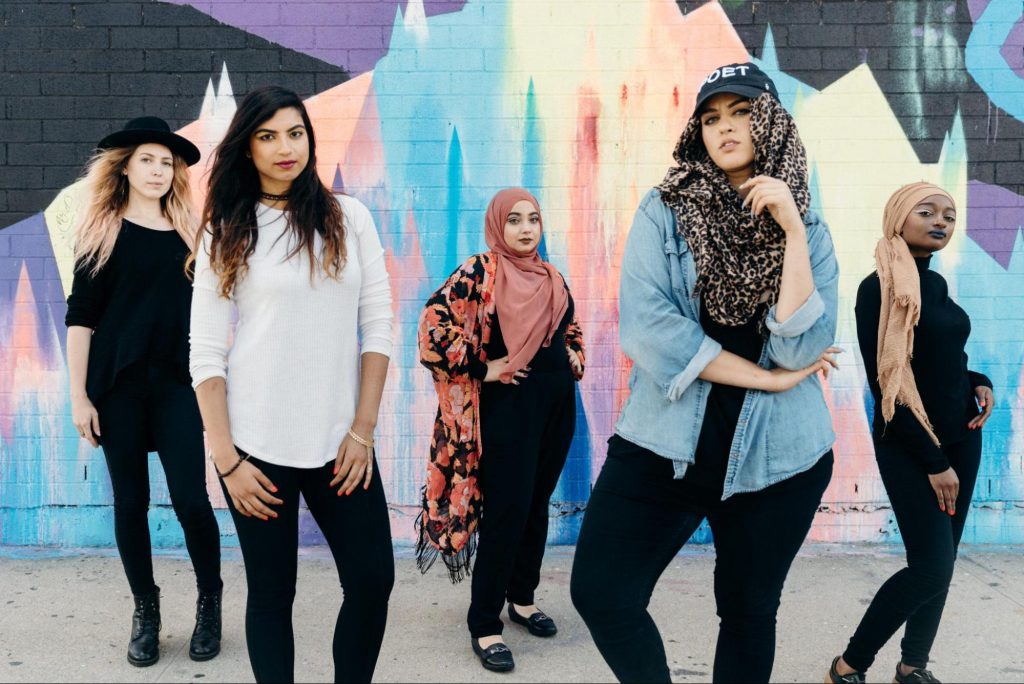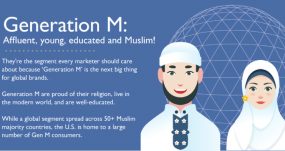
The Obvious-Yet-Unspoken Reality Of Muslim Consumers
This is a guest contribution by Nabeel Azeez
“The Global Islamic Economy, estimated at $1.9 trillion in 2015, is expected to balloon to $3 trillion by 2021.” – State of the Global Islamic Economy Report 2017/18
“90% of Muslims say their faith affects their consumption” – Wright, H., YBM: religious identity and consumption among young British Muslims
Branding For Muslim Consumers Explained Further
“…And yet Generation M love brands. They have no problem with Western brands as long as the values they represent resonate with their Muslim lifestyle aspirations.” – Janmohamed, S., Generation M: Young Muslims Changing the World
If you have Muslim clients/customers, or if you sell in “Muslim” markets, you know of statistics and claims like the ones I’ve mentioned. Hell, even I jumped on the bandwagon. Our blog owns the definitive piece on marketing to Muslim consumers, across the entire internet. (Yes, that includes books written on the topic.)
I’m here to tell you it’s all bullshit.

Muslims are just like any other consumer. There’s nothing “special” or “unique” about marketing to them. When you do, isn’t it just standard marketing practice?
And you can do it well or poorly. Mostly, it’s the latter.
Done well, however, it boils down to you solving a specific problem, rather than appealing to broad demographic or psychographic data. Mind you, this “data” is unverified, and claimed by ad agencies who claim to be experts in the “Muslim market.” (Dude, seriously? F*** outta here.)

OR…they do well by accident. Take “breathable” or “water permeable” nail polish, for example.
Originally created as a woo-woo, “healthy” alternative to traditional nail polish, because “breathable” is supposedly healthier for dead keratin cells than non-breathable. (Side note: I’m not denying nail polish can be harmful to your health. One study showed the presence of an endocrine disruptor in women’s blood 10-14 hours after painting their nails.)
This was a product looking for a market. I mean, I don’t have hard data on me…but my gut tells me the total addressable market of people looking for a nail polish that allows their dead keratin cells to “breathe”…is not that yuge.
But what’s this??? Muslim women are buying it! Because they think a breathable nail polish will allow them to wash themselves to prepare for their daily prayers without taking it off. Amazing!
“Francois! Rapide! Get some ‘ijabees togezzer for ze photoshoot…”

Orly?…O, RLY? (image credit – MuslimGirl.com)
And so…my poor impression of a French accent aside…we have a hit like Orly’s #Halalpaint. (Which, by the way, was short-lived. The company’s brand ambassadors turned on them at the 11th hour. Because of “problematic tweets.” No, really. Tweets.)
But what if the explanation was simpler?
Instead of the emergence of an untapped and overlooked market (Muslims have been around for almost 1,500 years…what were we buying all that time, before the “Islamic Economy” was a thing?) what if it’s a feature of the modern consumer instead?
Turns out, millennial and generation Z consumers use brands to signal their personal identity. They don’t care about your product. They care about what your product says about them. I’d go further and say all consumer behavior, millennial or otherwise, is an expression of identity. It’s been this way ever since “brands” showed up.
If that’s the case then how do you, as a brand, market to Muslims? You appeal to their identity. And this doesn’t involve you creating special products and services (the exception being some foodstuffs and financial services.) It can be as simple as talking to individual Muslims, finding their needs, and creating positioning and messaging that addresses them.
And no, you don’t need to hire fancy-pants consultants to do trash demographic and psychographic surveys. Just find the pain points, agitate them, and describe how your product solves them.
Nabeel Azeez is a direct response copywriter and marketing consultant. He is the co-owner of Dropkick Copy, a boutique content studio in Dubai, United Arab Emirates.
About MLC Media
MLC amplifies your global reach and advertising value with Muslim and halal audiences. Our exclusive relationship with the award-winning Al Jazeera Media Network lets you reach over 360 million people worldwide on the network’s broadcast, digital, and social channels in English and Arabic. At the forefront of modest fashion and the $3.7 trillion halal market, we deliver powerful marketing solutions for brands and advertisers. Contact us today for a free consultation.
share:




